I have an ARM template that has and outputs section like the following:
"outputs": {
"sqlServerFqdn": {
"type": "string",
"value": "[reference(concat('Microsoft.Sql/servers/', variables('sqlserverName'))).fullyQualifiedDomainName]"
},
"primaryConnectionString": {
"type": "string",
"value": "[concat('Data Source=tcp:', reference(concat('Microsoft.Sql/servers/', variables('sqlserverName'))).fullyQualifiedDomainName, ',1433;Initial Catalog=', variables('databaseName'), ';User Id=', parameters('administratorLogin'), '@', variables('sqlserverName'), ';Password=', parameters('administratorLoginPassword'), ';')]"
},
"envResourceGroup": {
"type": "string",
"value": "[parameters('hostingPlanName')]"
}
}
I have a Azure Resource Group Deployment task that uses the template. I then want to use the variable $(sqlServerFqdn) in the next task for configuration. The variable doesn't seem to just populate and I cannot find anywhere that tells me how to use 'outputs' values on release.
What do I need to do to get the variable to populate for use in configuring tasks after this ARM template runs? An example would be in the parameters to a powershell script task or another ARM template.





